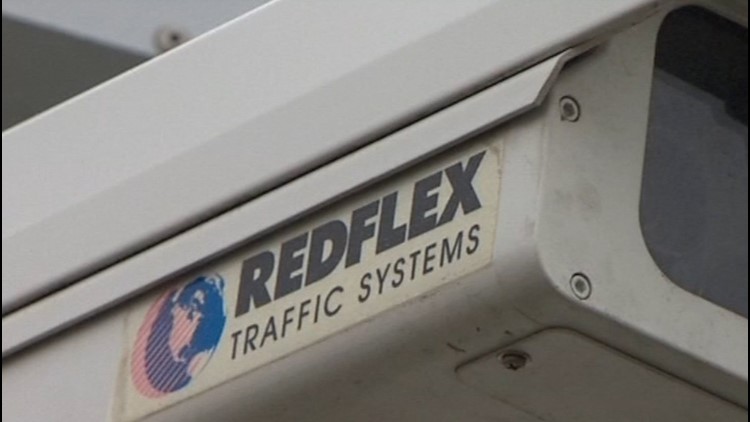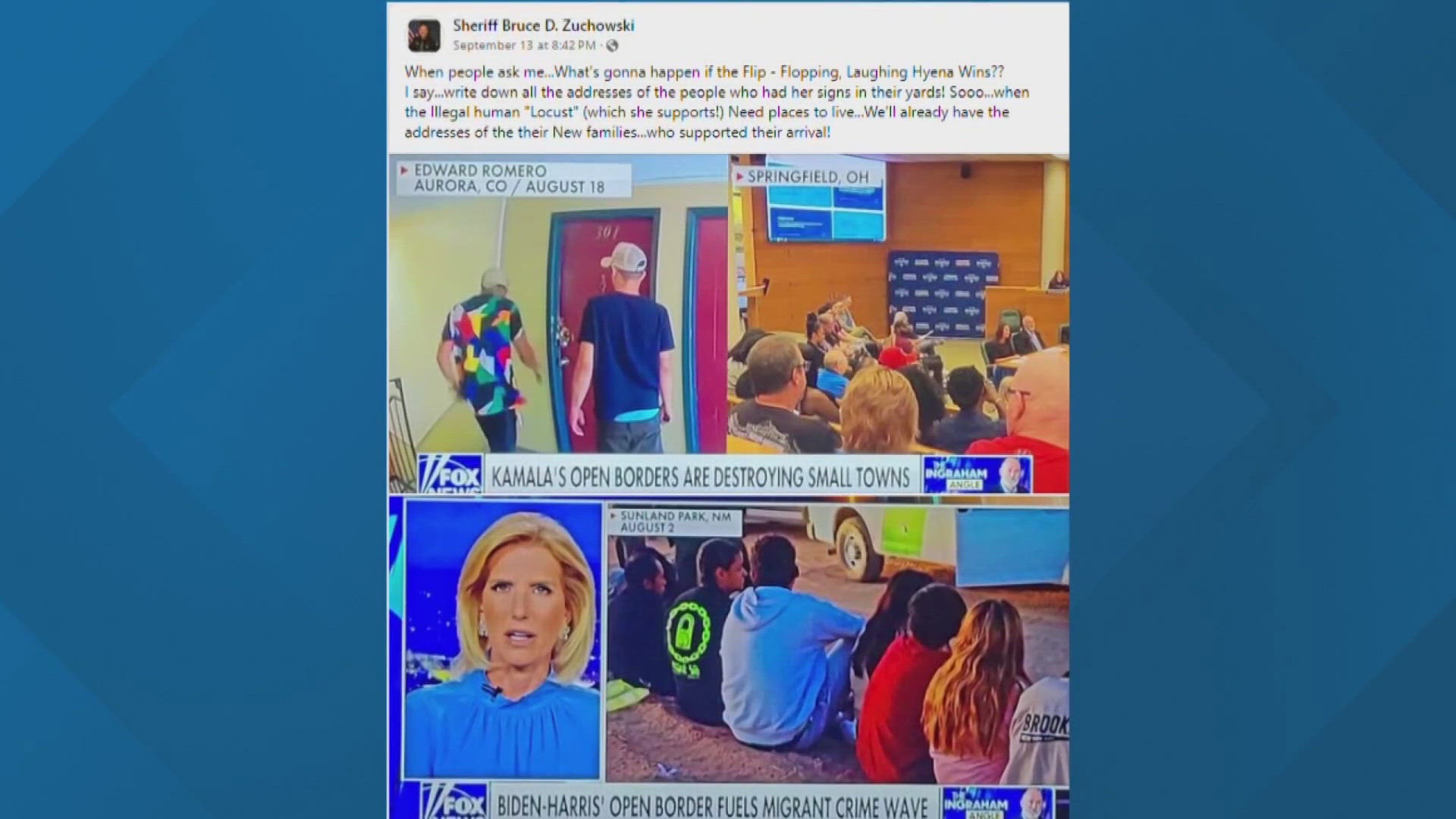The red light camera company that was involved in a bribery scandal will avoid prosecution, according to the Department of Justice.
Representatives with the Department of Justice and the United States Attorney’s Office for Southern District of Ohio and Northern District of Illinois have entered into a non-prosecution agreement with Redflex Traffic Systems.
“The agreement was reached in part due to Redflex’s extensive and thorough cooperation over recent years, which is detailed in the agreement. It included cooperation with the successful prosecutions of several individuals, including a Columbus lobbyist, a high-ranking city of Chicago official and Redflex’s prior Chief Executive Officer.”
Among other obligations, Redflex will pay restitution of $100,000 to Columbus. The company will also pay Chicago an amount of which will be determined later.
Redflex also agreed to cooperate fully with the Department of Justice and any other law enforcement agency designated by the Department of Justice.
The company will also follow-up with reports to the Department of Justice. If Rexflex violates any provision of the agreement, Redflex would be subject to prosecution.
---
HOW DID THIS BEGIN?
According to federal documents, the bribes started in 2005 when Redflex obtained the sole contract with Columbus for red light enforcement. Redflex was the exclusive vendor of red light cameras in the city of Columbus. Federal court documents add that Redflex’s contract was extended in 2009, when more bribes were attempted and made. The contract was expanded in 2010.
According to the charges in Finley’s case, a consultant – later identified as Raphael - recommended paying $30,000 to be “supportive” and “necessary” in Columbus. The consultant was used to pass these contributions along by creating false and fraudulent invoices.
---
PAY-TO-PLAY
The attorney representing Finley, said his client said if you wanted to get the contract with Columbus you had to pay to play. Karen Finley's attorney Michael D. Kimerer said before she became the head of Redflex, it was company policy to use campaign contributions as a way to secure contracts.
---
WHO ELSE IS INVOLVED?
Several Columbus City Council members traveled to the 2014 Big Ten Championship, arranged by Raphael. He arranged for the football trip for four council members, including then-City Council President Andrew Ginther, now mayor. Other council members reported being on the same Dec. 31, 2014, trip include council members Shannon Hardin, Michelle Mills and Eileen Paley. They listed the trip as a gift on their campaign finance reports.
Mills resigned from her position as Columbus Council President Pro Tem shortly after an ethics investigation began.
---
PROFIT OR SAFETY?
State lawmakers effectively banned red light cameras in 2015. They believed the cameras were about making money for cities and companies through fines. Columbus city leaders including Mayor Michael Coleman and Council President Andrew Ginther defended the red light cameras for saving lives. Documents obtained by 10 Investigates show how there was a lot of focus on money.
When attempting to convince Columbus not to switch vendors in 2009, Redflex said the risk of dumping them was a "huge opportunity cost for (the) city to risk upsetting a well-run and profitable program."
The city also fought to keep their share of the fine money high, saying they needed it to buy patrol cars and fund programs.
---
FOLLOW THE TRAIL OF MEMOS
Memos obtained by 10 Investigates show a debate within City Hall and the Police Department about whether the Redflex contract was about money or about safety.
The first memo is from 2001. A Columbus Police traffic lieutenant tells former Chief James Jackson that red light cameras would just increase public feelings that enforcement is all about making money.
Deputy Public Safety Director Gary Holland agreed in his memos.



